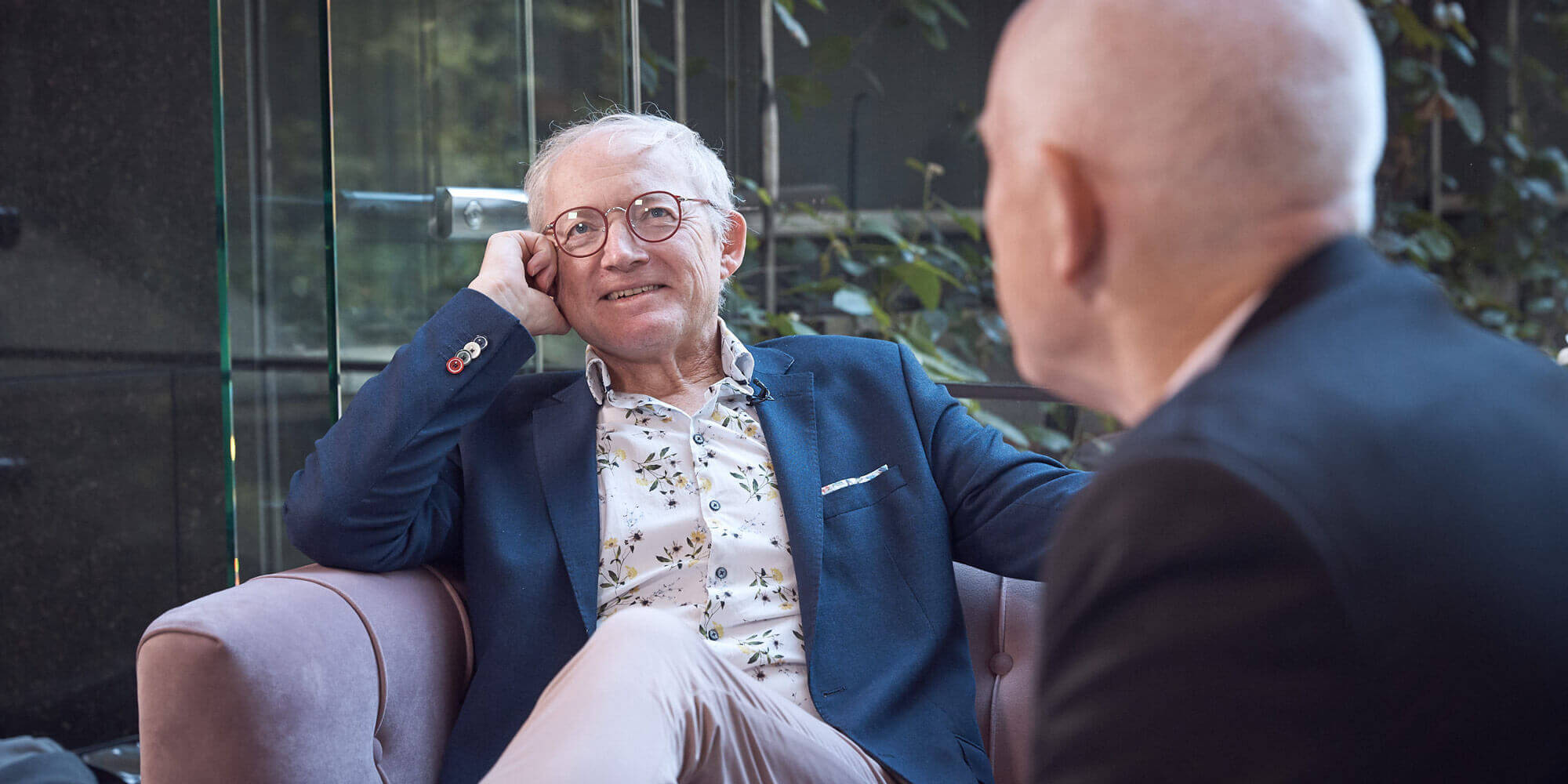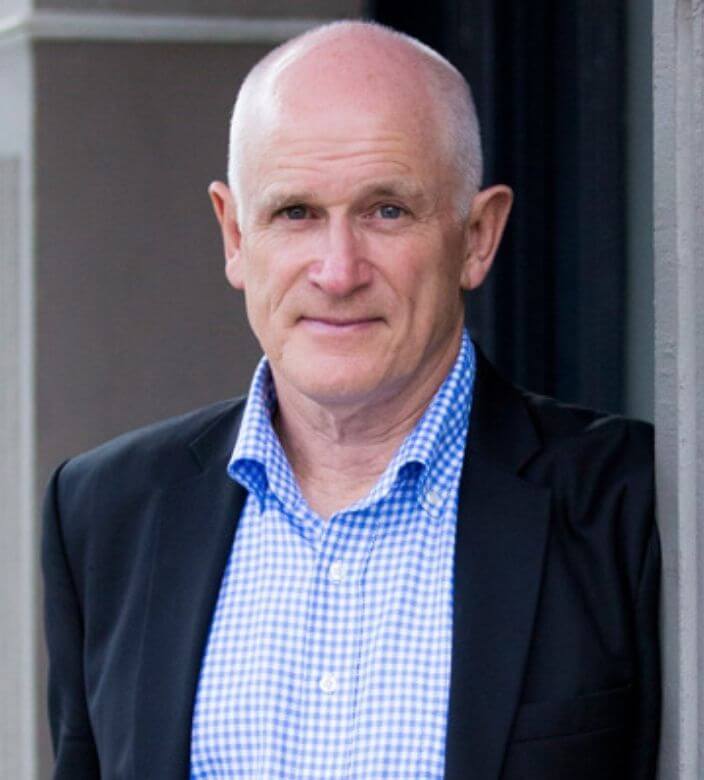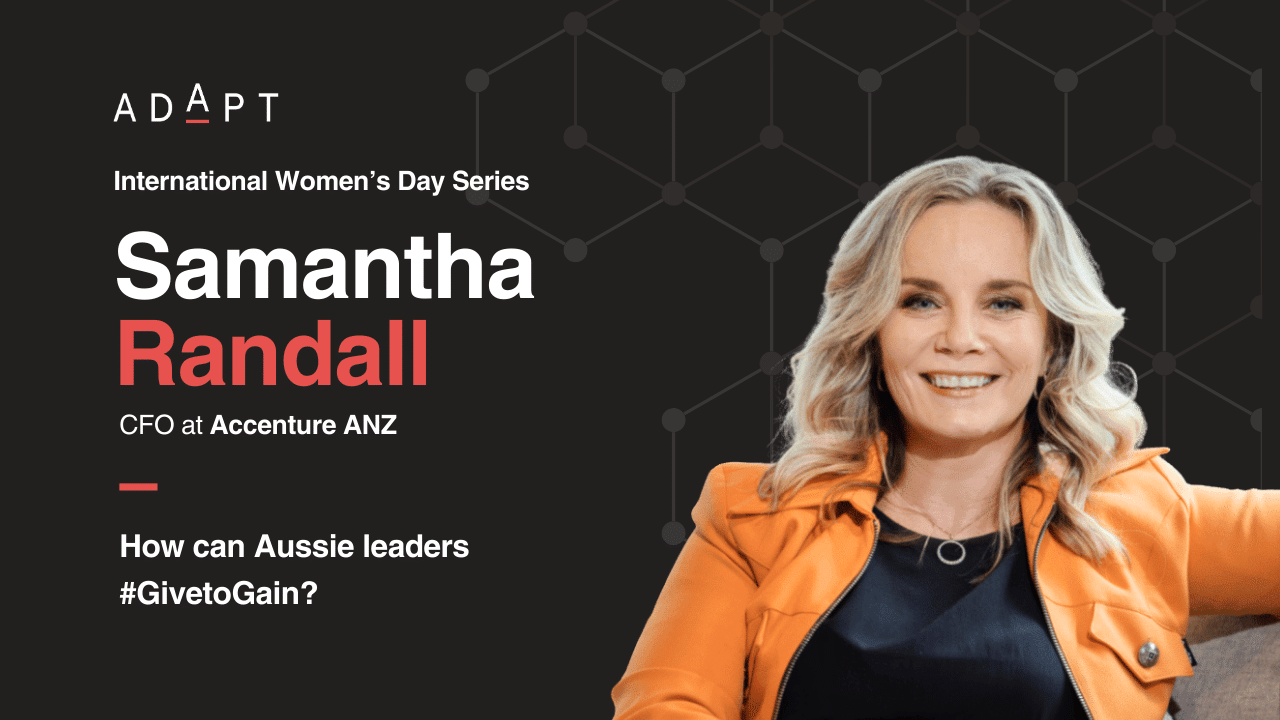Toby Walsh is a world-renowned professor on artificial intelligence at the Technical University of Berlin, University of South Wales and Data61. At ADAPT’s CFO Edge, he sat down with ADAPT’s Senior Analyst Peter Hind to give his response to fears around AI taking jobs and weaponisation and how it will become part of daily life.
Peter Hind:
Toby, I’ve got to ask you, what is your job?
Toby Walsh:
Right, well I have one of what now is I think one of the cooler jobs on the planet, which is, I’m a professor of artificial intelligence.
Peter Hind:
And when you tell people you’re a professor of artificial intelligence, what looks do you get from people?
Toby Walsh:
Well, the fun thing is, it’s changed a lot. Ten years ago people would just laugh and look at you blankly and think it was rather strange. Now people think it’s actually quite important because it does seem to be changing our world. And it’s impossible, I think, to open a newspaper now without reading multiple stories about how some new task is being taken on by machines and helping us do interesting things.
Peter Hind:
And yet there’s also this view that it’s going to disrupt us. It’s going to replace jobs. It’s going to make us all superfluous in some ways. How do you placate those anxieties?
Toby Walsh:
Well, I think it’s true. It is going to be disruptive, but it’s not going to take all the jobs. I think there’s going to be no shortage of work. If you look at the history of all the technologies that we’ve developed the last 100 years since the Industrial Revolution, employment is at historic low levels around the world. And the population is at historically high levels. The population of Australia is the highest it’s ever been. So we’ve created lots of new jobs.
I think that’s the challenge, that there’ll be plenty of new jobs created and plenty of the dull, repetitive things that machines now do that we don’t have to do, which will make hopefully our lives better.”
But how do we necessarily get the new skills for whatever new things that we go on to do? And if you think about it, the world changes a lot. If you go into an office today, it’s nothing like it was back in the ’70s. We go into the office in the ’70s, it was full of typing pools and filing cabinets! Offices don’t have any of those things now. They’re full of computers and people doing social media and things that didn’t exist 20 or 30 years ago. So the interesting question, I think, is how do people keep ahead of the machines and find interesting, new things to do?
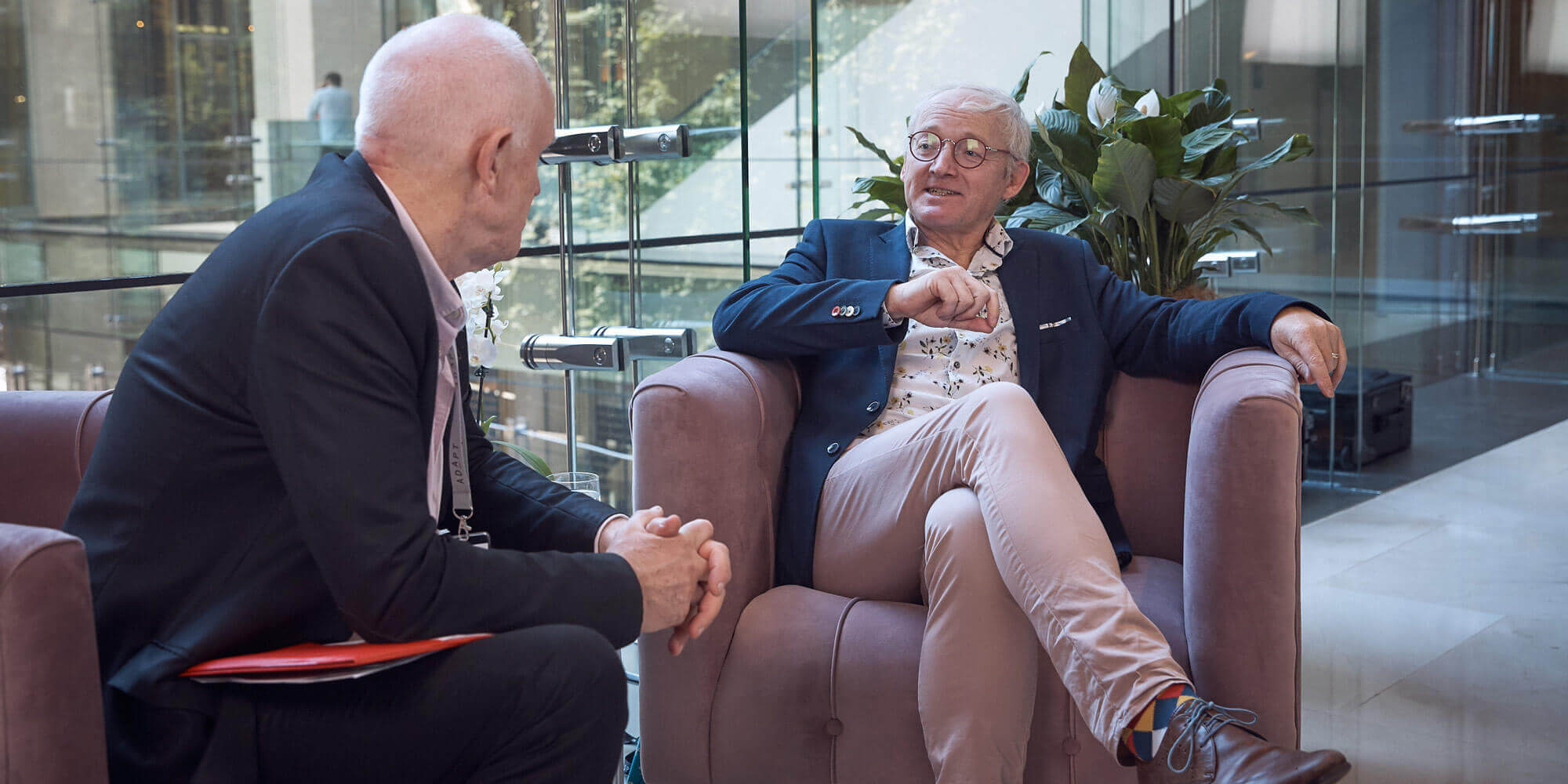
Peter Hind:
How do you help them see that’s the way they want to play rather than fighting something? They’re not so much surrendering it, but they see a purpose or a part they can play perhaps.
Toby Walsh:
I always say to people, we should be celebrating when a machine takes over a job because by the very nature of what we can do today, that meant it was a dull, repetitive thing that only robots should have been doing and that humans probably should never have been doing in the first place and now we should celebrate that humans now get freed up to do the things that actually give them more pleasure, the more creative things, the more adaptable things, the things that social intelligence, emotional intelligence, things that machines completely lack today and probably are going to lack for a very foreseeable future.
Peter Hind:
I also think that we’ve got to acknowledge that we are using AI in our daily lives. I mean we talked before about sat nav systems, how many of us would want to be in a foreign city and use maps to navigate these days? So there is a certain acceptance that you know or Siri to say where’s the best place for a coffee around here or something like that is something that shows that we’re willing to engage with this.
Toby Walsh:
AI is in some sense invisible in many respects. People don’t necessarily realise that when you’re talking to Siri, that’s some artificial intelligence understanding what you’re saying and answering the question, that when Amazon gives you a book recommendation, that’s an artificial intelligence that knows something about people’s preferences and something about your preferences. When Google Translate translates something, that’s a little AI programme that’s doing the translation. That when Google Maps is giving you directions, that’s again an AI programme that’s working out how to get on a map from A to B in the shortest possible way.
Peter Hind:
The thing, if you read the late Stephen Hawkings, his comments about AI, his concerns with it. Bill Gates I think, has said something similar. The concern seems to be when it could be weaponised. You know and how do you think we can use the technology and avoid some of those potential downsides?
Toby Walsh:
I think it’s like most technologies, which is that there are good applications and bad applications and it’s about us making the appropriate choices. And we’re discovering that you know there are plenty of good things that can actually take away the dull things in our lives and do the repetitive things in lives. But equally, it can be weaponised. And when you know we see the misuse of some of these technologies in social media to disrupt how people vote and to corrupt our political discourse. But equally those same technologies could be used for immense good. I think a really good example to give to people is face recognition. So increasingly, we’re starting to use face recognition.
There are some really good applications for that. It helps you open your phone without having to use your hands. If you’re someone who’s got a disability, then maybe that gives you the ability to do things that you couldn’t do.”
There was a wonderful, feel-good story a year ago. The police in Delhi in India went into loads of orphanages and using some face recognition software they reunited nearly 3,000 children who had been separated from their parents and were no longer orphans. Fantastic! You know in a big country like India, it’s like the movies. You know it’s easy to get separated, never to find your parents again. So nearly 3,000 children that were reunited. So a wonderful good, being done by face recognition. But equally, we see some troubling examples of face recognition being used. There was a case last year in China, where the police went into a rock concert and picked out an individual in a crowd of 60,000 people. And we see them, some very distressing stories about how the Uyghurs out in the provinces are being surveilled and suppressed by the use of these sorts of technologies.
Peter Hind:
And the protestors in Hong Kong, they feel the need to protect their faces.
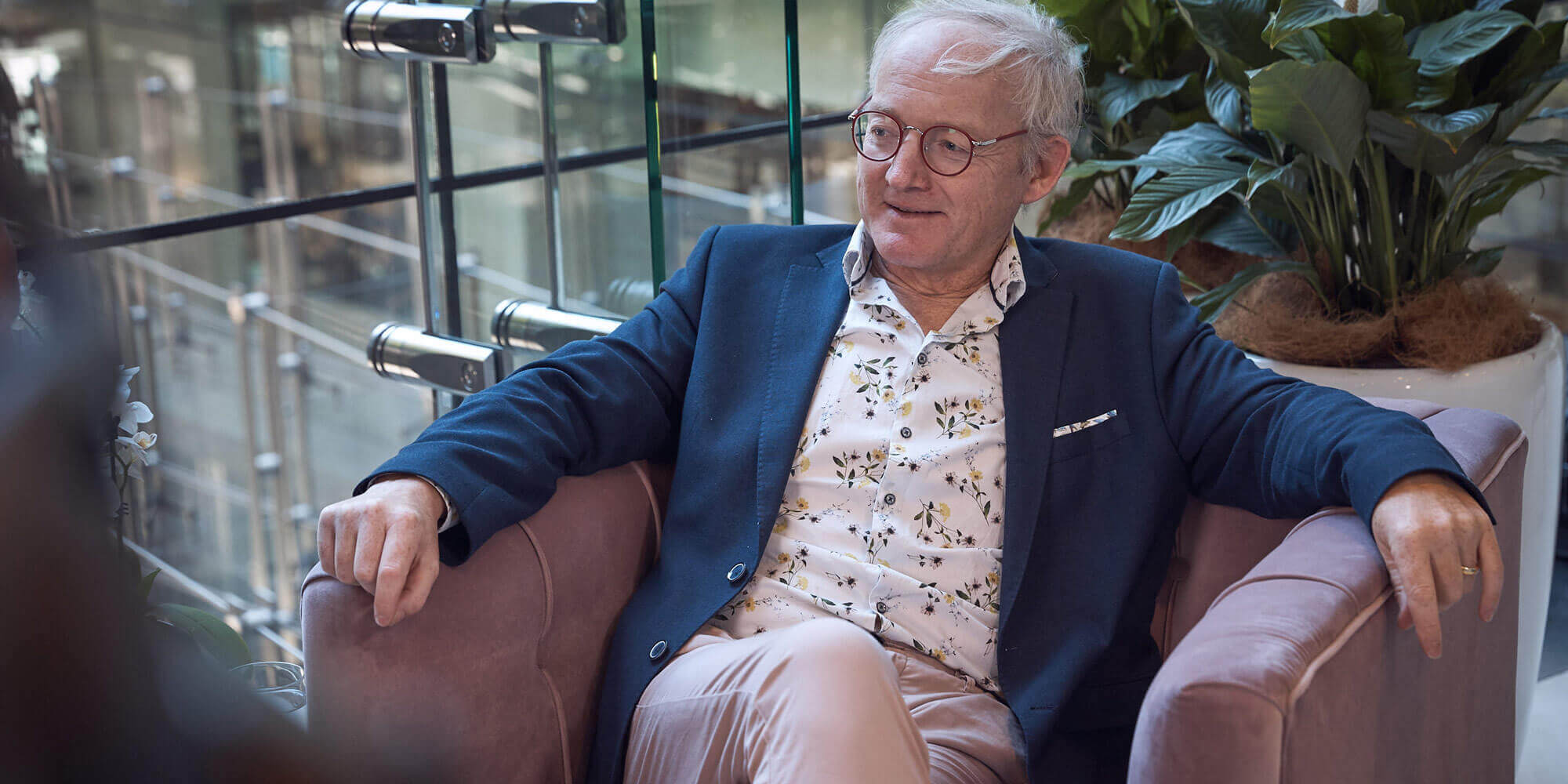
Toby Walsh:
Exactly, when they invade the airport, the first thing they do is they take the cameras down. That’s the most threatening thing to their right; to be able to demonstrate is the ability to surveil people with those sorts of technologies. So immense harm that’s being done with that technology and immense good that’s being done with the very same technology.
Peter Hind:
All right, take us on your journey. You know you’ve been a professor, I think you said 10 or is it longer than 10 years?
Toby Walsh:
Oh boy, more than that! I’ve only done artificial intelligence since I left school and went to university.
Peter Hind:
Is that right?
Toby Walsh:
35 plus years!
Peter Hind:
I’m fascinated then, about that journey and where you see artificial intelligence. And really for the viewers here, the more immediate things, the timeframes of maybe five, ten years of where you see artificial intelligence will play a part in our lives in the way that sat nav does now?
Toby Walsh:
Well, I think the really exciting thing now is that AI is going out of the laboratory. For most of those 35 years, it was, we were just playing with things, trying to get anything useful being done. And in the last few years, the last five years, it really has stepped out of the laboratory, out of the university, and into practical application. And it’s on your smartphone and there are many fast-moving companies that are embracing the technology and realising that there are useful things. I mean we’ve still got a huge, great distance to go before we’re where Hollywood would have us believe that we’re going to be, where machines might be as capable as us in all our abilities. We still only build narrow intelligence. We still only build machines that can do one narrow task. They can read X-rays better than a human doctor or they can translate as well as a human translator at the UN. But they can only do that one task. They don’t have our adaptability to do multiple tasks. They don’t get them to do, change the task very slightly and they break. But nevertheless, there are now useful things we can do whether it be pricing your insurance or reading your X-rays or doing those sorts of things. And so it’s really exciting now to actually, spent a lot of my time actually trying to explain to people what we can do and see the technology being embraced by the fast movers within the business world.
Peter Hind:
I’m going to ask you to join us on a panel after this. And on that panel, we’re looking at forecasting and the problem with forecasting and why organisations aren’t better at forecasting and maybe AI can help them. And as you said, these tools have been around for some time and we know we do forecasting badly. Why do you think we aren’t turning to this technology to help us with our day-to-day problems when it would seem to be… it has the ability to do it?
Toby Walsh:
Well, I think the great edge that AI will bring to these sorts of problems is its ability to look at more data than humans can ever look at, to find trends that humans will never see in large data sets. And so you can now ask questions that humans could never have asked because we could never have put our head around that size data sets. That’s one reason why AI gets to be better at the narrow tasks that it does than us. It’s just that it can be more thorough and it can look at bigger data sets than humans ever possibly can.
Business is waking up to the idea that they have lots of data, one of the most valuable things that they have, and how are they going to find interesting nuggets in that data? AI is one of those tools that can help you do that.”
At ADAPT’s recent CFO Edge, thought leaders Peter Hind, Paul Shetler, Milan Korbel, Alison de Kleuver and Toby Walsh gathered on stage to discuss the challenge of how organisations in Australia can better use data, forecasting, and planning to become more competitively advantaged. Watch the panel session.
 WATCH
09:50
WATCH
09:50





















